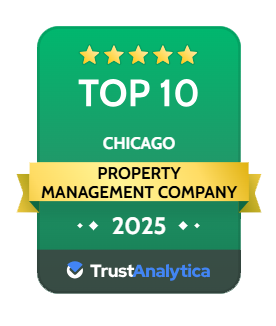As Chicago’s residential real estate market tightens and inventory becomes more limited, investors are searching for creative ways to diversify their portfolios and capitalize on underutilized properties. One increasingly popular option is converting vacant commercial spaces (especially office space) into residential rental units. Office vacancies in Chicago continued to go up the second quarter of 2024 from an already high 21% to 22% according to a report from ConnectCRE Chicago & Midwest. The vacancy rate for industrial warehouse real estate in Chicago was 4.88% in September of 2024, which is just slightly above the record low of 4.5% set in late 2022. Storefront vacancy, according to CBS, is also higher than ever before with 50% of storefronts on the eastside of State Street currently vacant as of February 2024. As you can see the opportunity is there! With the right approach, these conversions can offer significant returns and help investors meet the growing demand for housing in the city….but is it the right choice for you?
As a Chicago based property management company, we’ve seen the potential that these conversions hold, especially in an evolving market like Chicagoland. In this guide, we’ll walk you through the key steps to converting commercial properties into residential units, including zoning regulations, permits, costs, and the potential returns you can expect.
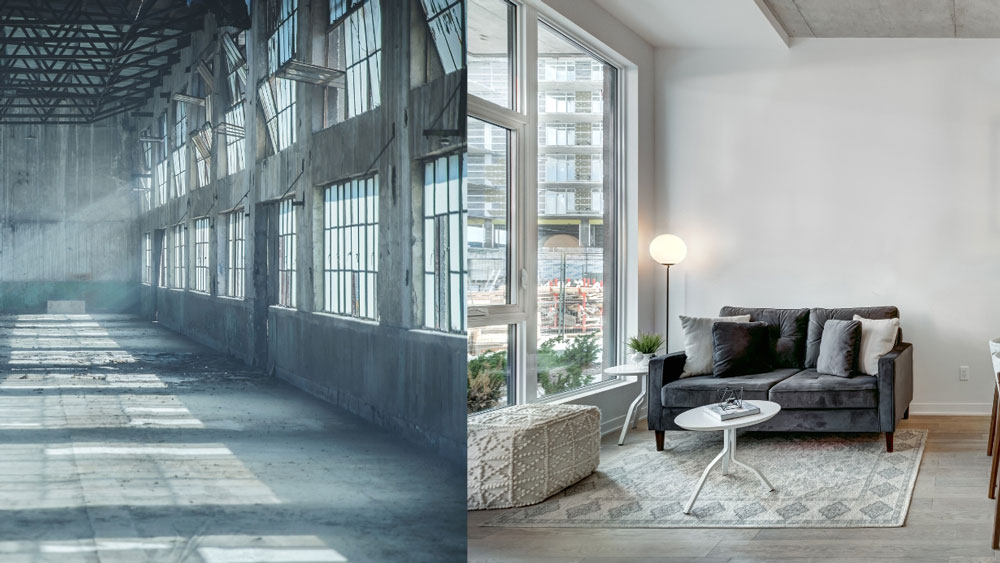
1. Why Convert Commercial Space into Residential?
The post-pandemic landscape has left many commercial spaces vacant as businesses shift to remote work or downsize their office footprints. At the same time, Chicago’s residential rental demand remains strong, particularly in neighborhoods with limited housing stock. This combination creates a unique opportunity for investors to repurpose these commercial properties into residential units, increasing their property’s value while meeting housing demand.
Adaptive reuse of commercial buildings to residential rentals allows you to:
Maximize underutilized spaces: Rather than letting a commercial building sit vacant, you can transform it into income-generating rental units.
Diversify your portfolio: With residential properties performing well in Chicago, converting commercial spaces offers a way to pivot into a profitable sector.
Meet housing demand: Chicago’s rental market remains competitive, and converted units, especially in desirable neighborhoods, can attract long-term tenants.
As a bonus, converting vacant office space into housing is said to help improve energy efficiency, and can reduce existing building emissions!

2. Understanding Zoning and Permits in Chicago
Before diving into a commercial-to-residential conversion, you’ll need to navigate Chicago’s zoning and permitting requirements. The city has strict zoning laws, and understanding them is crucial to ensuring your project is legal and profitable.
Zoning Laws
Chicago’s zoning code dictates how properties throughout the city can be used. The first step is to determine if your commercial property is in an area zoned for residential or mixed-use development. If it’s not, you may need to apply for a zoning change or variance, which can be a time-consuming and complicated process.
Steps to take:
Consult the City of Chicago Zoning Map: Identify the current zoning designation of the property.
Apply for a zoning change or variance (if necessary): Work with a zoning attorney or specialist to submit the required paperwork to the Chicago Zoning Board of Appeals.
Check for neighborhood-specific regulations: Some areas of the city have additional restrictions or incentives for converting commercial properties to residential, so be sure to research any local ordinances.
Permitting Process
Once you’ve secured the necessary zoning approvals, you’ll need to obtain permits to begin construction. This includes:
Building permits: Required for structural changes, electrical work, plumbing, and other renovations.
Occupancy permits: To ensure the building complies with safety codes and is suitable for residential use.
Tip: Be prepared for inspections at various stages of construction. Working with experienced contractors and architects who are familiar with Chicago’s building codes will help streamline this process.
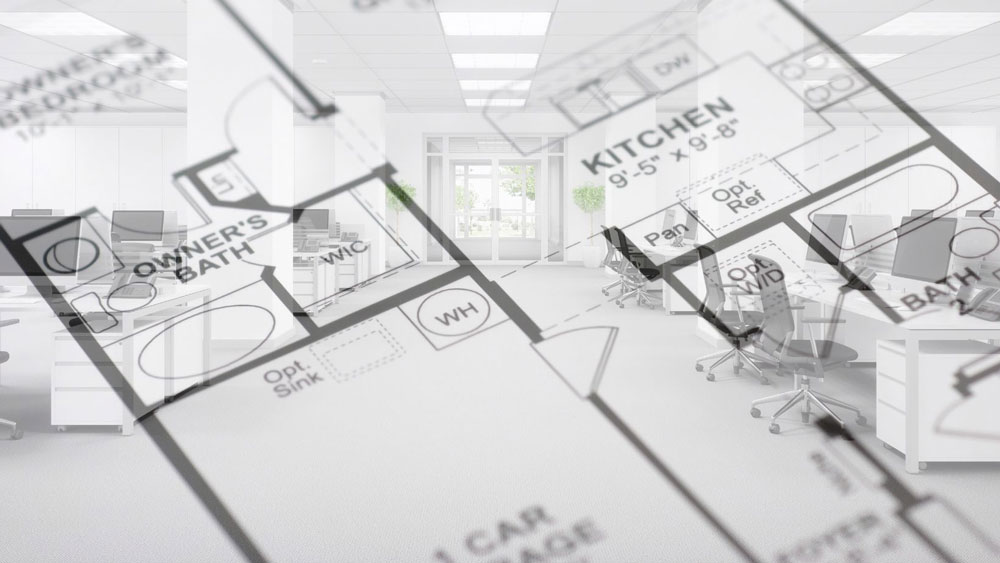
3. Cost Considerations
Converting a commercial space into residential rentals comes with significant upfront costs, but with proper planning, the long-term returns can far outweigh the initial investment. It is estimated that it can cost between $100 to $500 a square foot as an approximate from various sources. Determining the price is going to depend much on each individual building. Some of the major expenses you should anticipate include:
Structural Renovations
Building layout changes: Commercial buildings often have open floor plans or layouts unsuitable for residential units. You’ll need to add walls, create individual living spaces, and install kitchens and bathrooms.
Electrical and plumbing upgrades: Residential spaces have different electrical and plumbing requirements than commercial properties. Depending on the building’s condition, you may need to replace outdated systems to meet residential code.
Compliance with Residential Building Codes
Soundproofing: Ensure that the new units meet noise regulations, particularly if the building is located near commercial activity or busy streets.
Energy efficiency and insulation: Chicago winters can be harsh, so energy-efficient windows, proper insulation, and heating systems are essential.
ADA compliance: If you’re converting a larger building, you may need to ensure some units are accessible for individuals with disabilities.
Financing and Incentives
While the costs may seem high, there are financing options and incentives available to investors:
Federal and local tax incentives: Chicago offers incentives for developers who repurpose vacant buildings, especially if the project is in a designated Opportunity Zone.
Historic tax credits: If the commercial building is a historic property, you might qualify for federal tax credits that can reduce your renovation costs.
Tip: Work with a real estate financing expert to explore loan options, grants, and tax incentives that can help offset these upfront costs.
The city also offers assistance on projects such as the LaSalle Corridor Revitalization of underutilized commercial spaces with mixed-income residential uses. The city has goals to improve and revitalize areas so make sure you check out any opportunities available at the time of your investment!

4. Maximizing Your Return on Investment (ROI)
Converting a vacant commercial building into residential units can offer strong returns, particularly in a city like Chicago where housing demand remains high. Here’s how you can maximize your ROI. Also be sure to check out our blog of “How to Calculate the ROI and Cashflow on Rental Properties.” :
Choose the Right Location
Location is key to your success. If you haven’t already made sure you check out our blog “Why Location Is So Important in Real Estate.” Areas undergoing revitalization or experiencing population growth—such as parts of Logan Square, Pilsen, or Bronzeville—can offer higher returns on residential conversions. Look for neighborhoods with easy access to public transportation, amenities, and employment hubs, as these factors will attract renters.
Understanding The Tenant Base
Depending on the location, pricing, and amenities of your converted property, you will naturally attract different types of tenants. In trendy neighborhoods, young professionals might be looking for modern apartments with urban amenities. In quieter suburbs, families may be seeking spacious, affordable units. Understanding the local demand will help you set competitive rent prices and fill vacancies quickly. Working with someone that has the right resources to screen and place tenants can be crucial to finding the right match with the least headache for your property.
Leverage Property Management Services
Managing a converted property, especially if it’s a multi-unit building, can be time-consuming. Partnering with a property management company like Landmark ensures that rent collection, tenant screening, and maintenance are handled efficiently, allowing you to focus on expanding your investment portfolio. Check out what we guarantee to each of our property owners/clients to compare to other property management services and find the right fit for you!
Plan for Long-Term Success
The key to profitability in these conversions is balancing short-term renovation costs with long-term gains. Once your residential units are rented out, you’ll start seeing regular income, and with careful planning, the property’s value will appreciate over time.

5. The Bottom Line: Is Commercial-to-Residential Conversion Right for You in Chicago?
Converting vacant commercial spaces into residential rentals in Chicago offers local investors a unique way to diversify their portfolios and capitalize on underutilized properties. While the process requires careful planning, navigating zoning regulations, and significant upfront costs, the potential returns can be well worth the effort.
By working with professionals who understand the intricacies of zoning, permitting, and renovation in Chicago, you can turn a vacant commercial building into a profitable investment that meets the city's growing demand for housing.
At Landmark Property Management, we specialize in helping investors maximize their returns on both commercial and residential properties. Contact us today to learn how we can assist with everything from finding the right property to ongoing property management, ensuring your investment is a success.

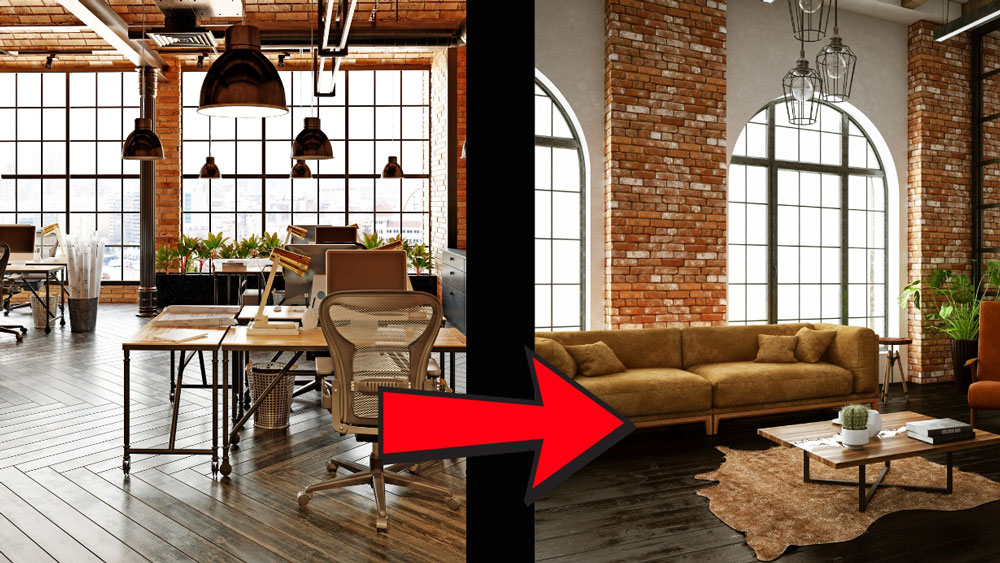



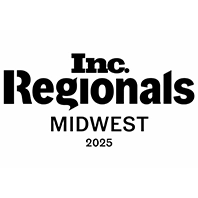
.png)


